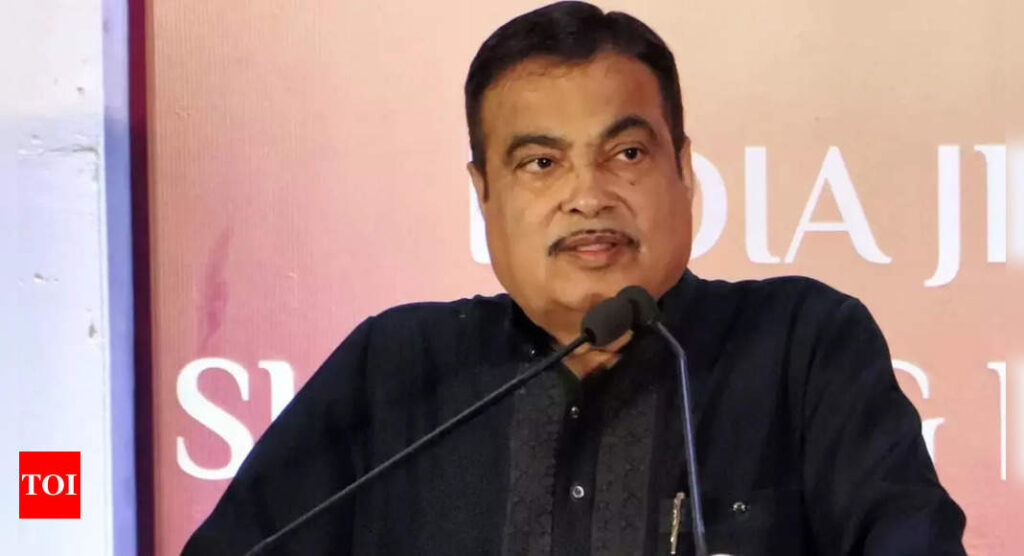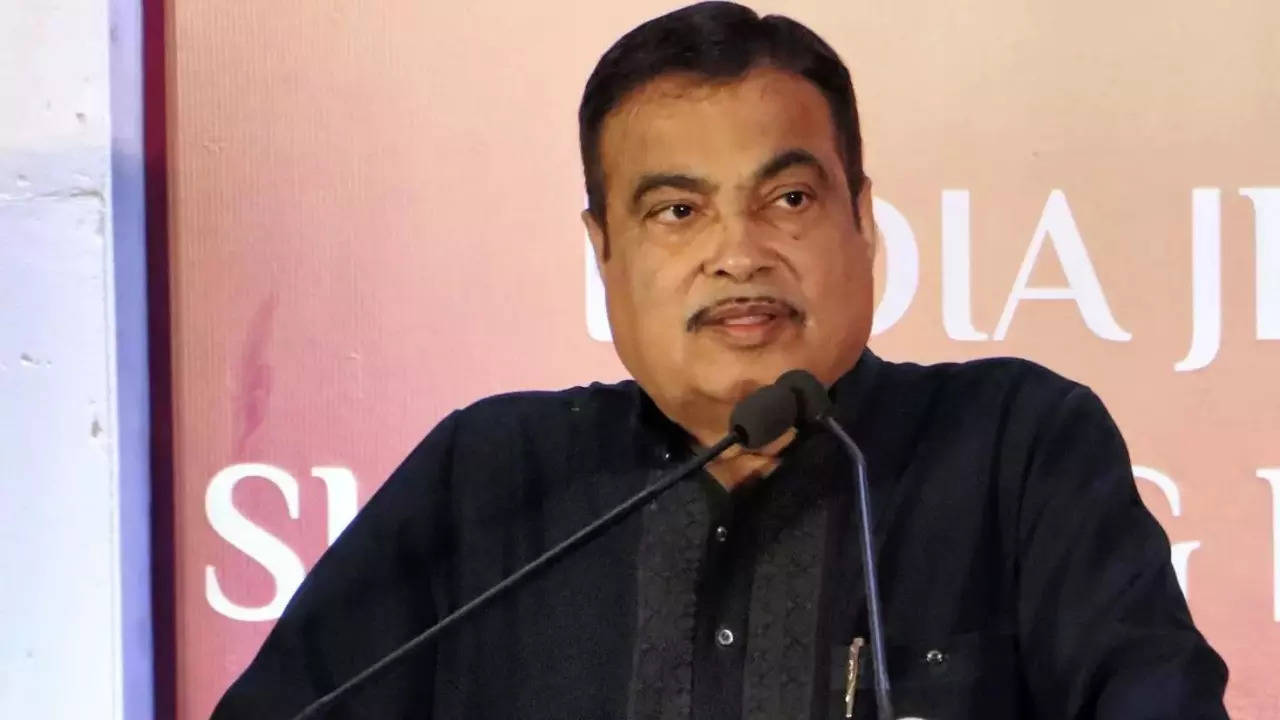[ad_1]
Gadkari said the government’s primary focus lies in transforming road infrastructure into electric highways, accommodating electric buses and trucks. This shift is expected to yield a substantial reduction in logistics costs, potentially up to 30% compared to diesel-fueled transport, he said. With India’s fuel import bill currently at Rs 16 lakh crore and predicted to increase to Rs 25 lakh crore due to automotive industry growth, the objective is to reduce the nation’s reliance on fuel imports while curbing pollution, he added.
In addition to the shift towards alternate fuels, there is a concerted effort to replace diesel construction equipment with methanol-powered counterparts. Several environmentally-friendly initiatives are underway, including carbon credit initiatives and extensive afforestation.
Watch: Nitin Gadkari rides hydrogen bus, showcases India’s sustainable mobility commitment in Prague
“We are also looking at replacing diesel construction equipment with alternate fuel ones, including methanol trucks. Besides, there are several other green initiatives lined up. We are attempting for carbon credits and have planted 3.88 crore trees so far and transplanted 78,000,” he said. “We have built 1,000 Amrit Sarovars and are now using rubber powder from waste tyres with bitumen along with steel slag and municipal waste in road construction,” he added.
There are also initiatives for utilization of innovative materials like bamboo crash barriers, fly ash in road construction.
The Indian government plans to award Rs 2 lakh crore worth of build-operate-transfer (BOT) projects by March 2024, signaling a renewed commitment to fostering public-private partnerships in road construction. The sector’s health has significantly improved, bolstered by various policy interventions, Gadkari said. The private sector’s active participation has surged from 5 to 40 players, he said.
Mumbai Trans Harbour Link: India’s Longest Sea Bridge Features, Benefits | MTHL Latest News, Update
According to Gadkari, a shift from EPC (Engineering, Procurement, Construction) mode to BOT will help improve the quality of roads further. “he roads that we make under the EPC mode have to be maintained by us. Even roads built under HAM (hybrid annuity model, which is a mix of EPC and BOT models) have to be maintained by us. On the other hand, under BOT, we will not have to maintain the roads for 15 years. Secondly, the private sector that builds the road and is responsible for maintaining it for 15 years builds good quality roads, which is not the case of roads built under EPC,” he said.
[ad_2]
Source link











More Stories
India’S Growth Forecast: S&P ups India’s FY’24 growth forecast to 6.4% on robust domestic momentum
India to remain fastest-growing major economy, but demand uneven: Poll
Jack Ma: Jack Ma gets back into business with ‘Ma’s Kitchen Food’